This homesteading lifestyle means we are ever learning, and that’s part of the excitement and joy we find in it. Learning new homestead skills or how to utilize old skills in a more modern, efficient way is one of my favorite things about this life.
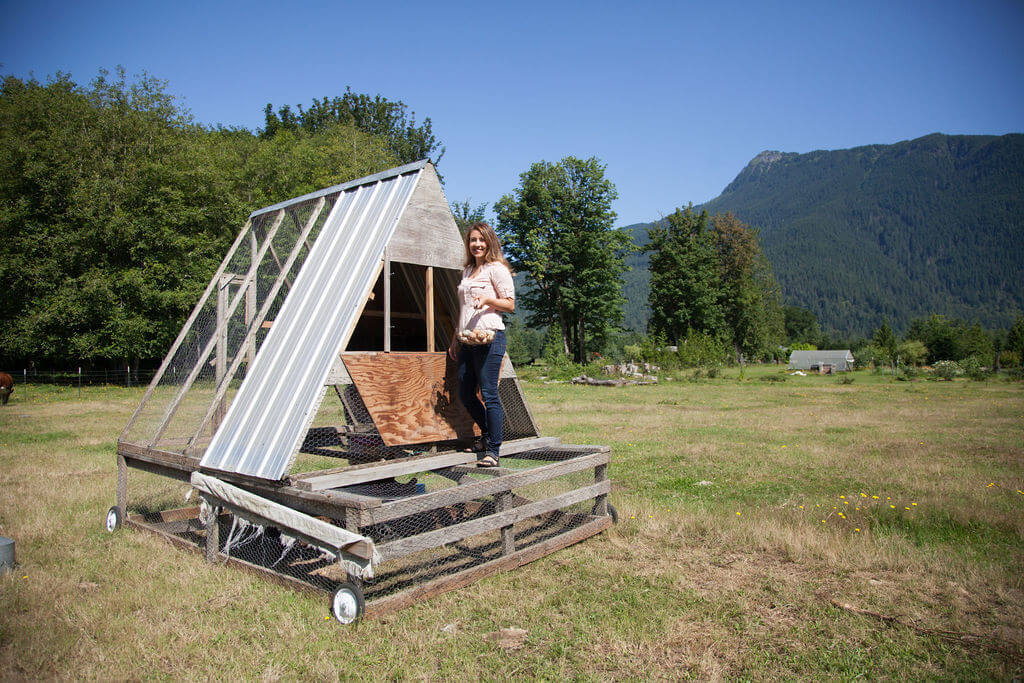
Table of Contents[Hide][Show]
- How Can I Be a Better Homesteader?
- What is a Homestead Lifestyle?
- Items to Grow or Make Yourself
- Source Locally (When Possible)
- Basic Building Skills
- Sewing & Mending
- Learn How to Use Milk
- Learn to Garden
- Growing in the Shoulder Seasons
- Plant Perennials
- Keep Accurate Records
- Seed Save
- Beekeeping
- Food Preservation Methods
- Learn to Raise Poultry
- Perseverance + a Can-Do Attitude
- Resources Mentioned
- More Posts You May Enjoy
🍞 Struggling With Sourdough?
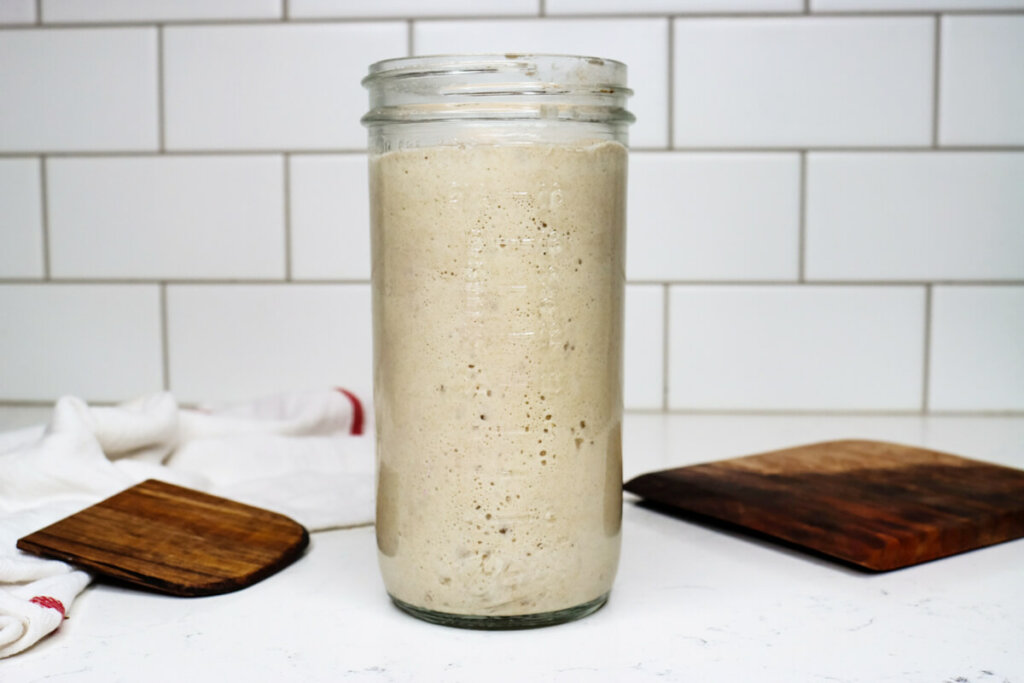
If your starter won’t take off, your loaves are dense and hard, or sourdough just flat-out overwhelms you…
👉 I’ll show you how to fix all of it.
Join my FREE workshop and learn how to make a bubbly, active starter—the right way, from Day One.
Natural Remedies Made Simple

Start your home apothecary with confidence—even if you’re brand new. Learn how to choose the right herbs for your body using the simple principles of herbal energetics.
Discover how warming, cooling, drying, and moistening herbs affect your body—so you can stop guessing and start making remedies that actually work.
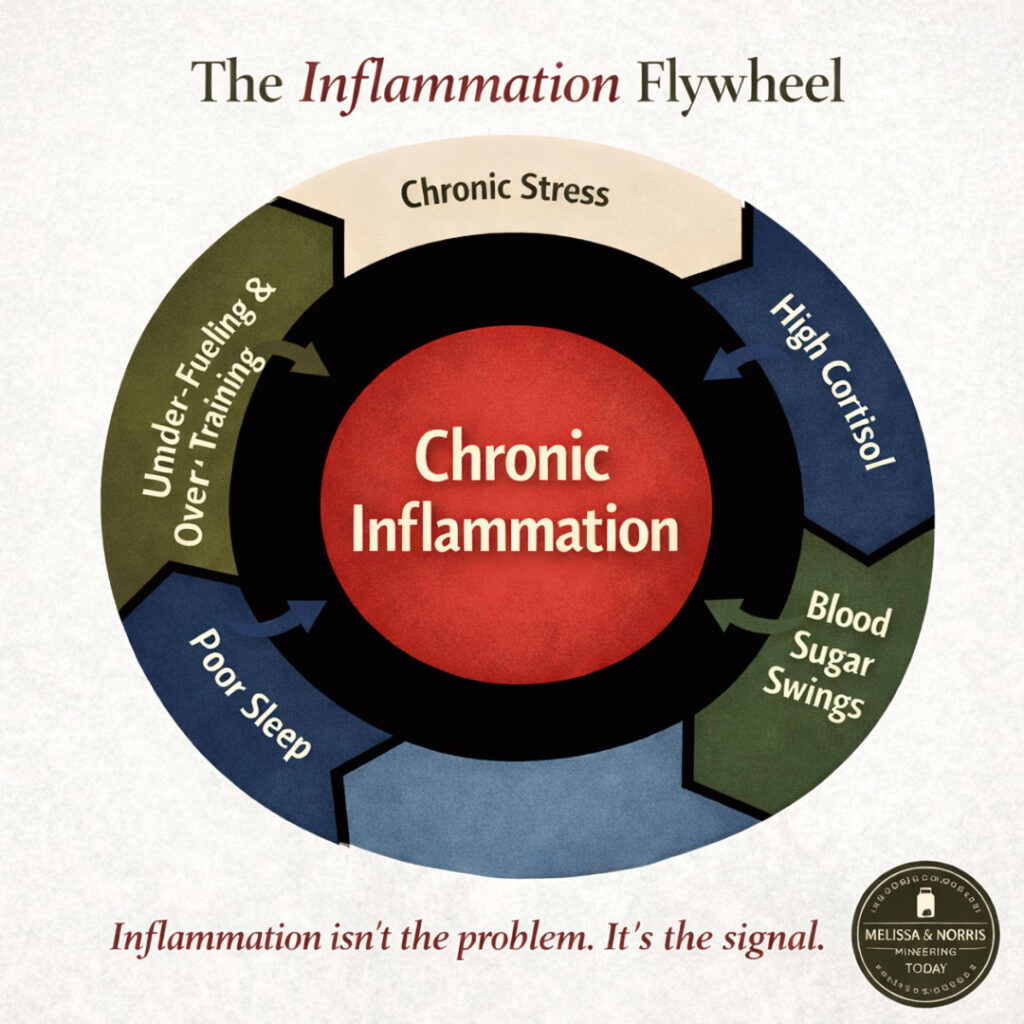
The Hidden Cycle Keeping You Inflamed
If you’ve been feeling puffy, tired, achy, or wired-but-tired, this two-page guide will help you understand what may be happening behind the scenes — even if you’re eating “healthy.”
Download the Inflammation Flywheel Guide and learn:
- Where to start so you don’t feel overwhelmed
- The 5 most common drivers that keep inflammation switched on
- Why blood sugar swings, stress, and poor sleep feed each other
How Can I Be a Better Homesteader?
We’ve all asked ourselves this question a time or two. If you’re new to this homestead lifestyle, you may ask it often. But I’m here to tell you, even being a fifth-generation homesteader, I still ask myself this question.
Life is a continual classroom where lessons are learned, and skills developed. There are some essential basics I think are important for any homesteader, whether living on 40 acres or a small lot in the city. Even living in an apartment, you can begin to develop homesteading skills (like creating a no-waste kitchen) that you’ll use for the rest of your life.
If you’re just beginning your homesteading journey, you can quickly become overwhelmed with all there is to know and learn. I want to put your mind and heart at ease by telling you it’s ok. Take small steps. Choose the skills you want to learn, set the goals you want for your homestead, and just start. Dread of a thing is half the battle.
And by all means, learn these homestead vacation tips so you can confidently go on vacation without feeling overwhelmed.
I am a serious list maker. I always suggest to new and experienced homesteaders looking to be more productive to list homesteading skills they want to learn and just get started.
But no matter where you are on your journey, I hope you find some encouragement from this podcast. This is episode #355 and episode #358 of the Pioneering Today Podcast. All show notes and related links can be found throughout this post.
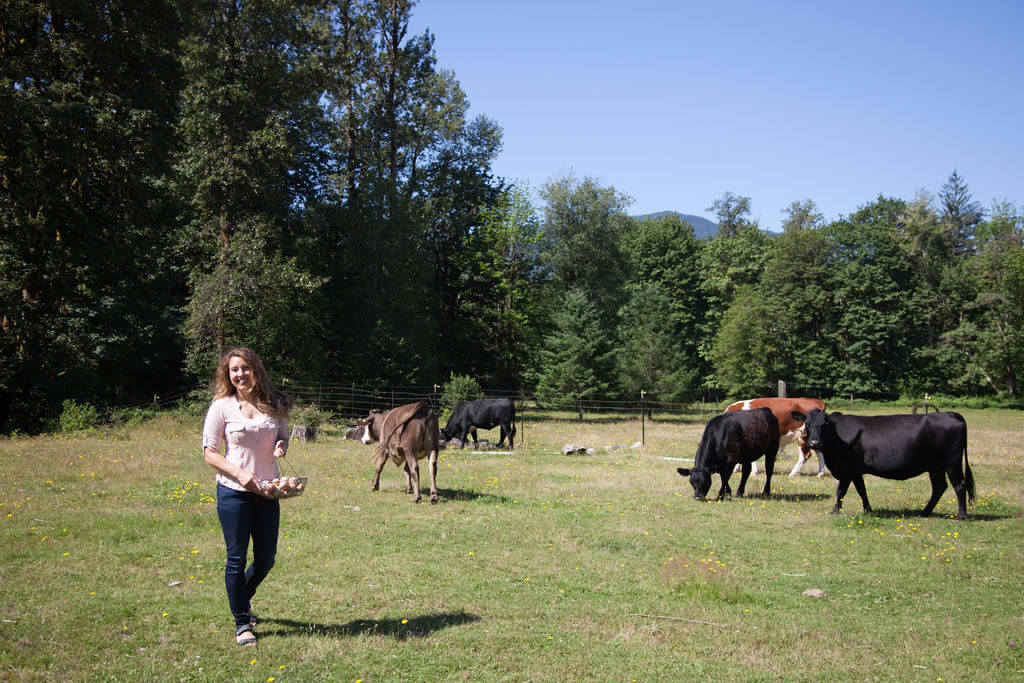
What is a Homestead Lifestyle?
Homesteading is essentially a lifestyle of self-sufficiency. However, I like to call it community sufficiency as very few of us can truly be self-reliant. Homesteading includes raising animals, preserving food at home, and cooking food from scratch. Sometimes this is done on a scale to sell or barter with others, other times, people are simply raising enough food for their family for a year.
Many of you haven’t grown up on a homestead like myself. It’s easy for me to forget that the term “homesteader” is foreign to so many. One of the reasons I call this podcast and my academy “Pioneering Today” is because I think many of us are pioneering our way through traditional skillsets of generations past.
As homesteaders, we’re a frugal, do-it-yourself kinda bunch. If there’s something we don’t know how to do, we’re likely to figure it out. Thank goodness for the internet and YouTube, am I right?
Before we jump in, I want to encourage you to start slowly. No one jumps in with both feet and masters everything all at once. That’s a recipe for burnout every single time!
This is especially true if you’re still waiting for your future homestead. Start learning these essential skills that don’t require acreage, so when you’re ready for more, these skills will be second nature.
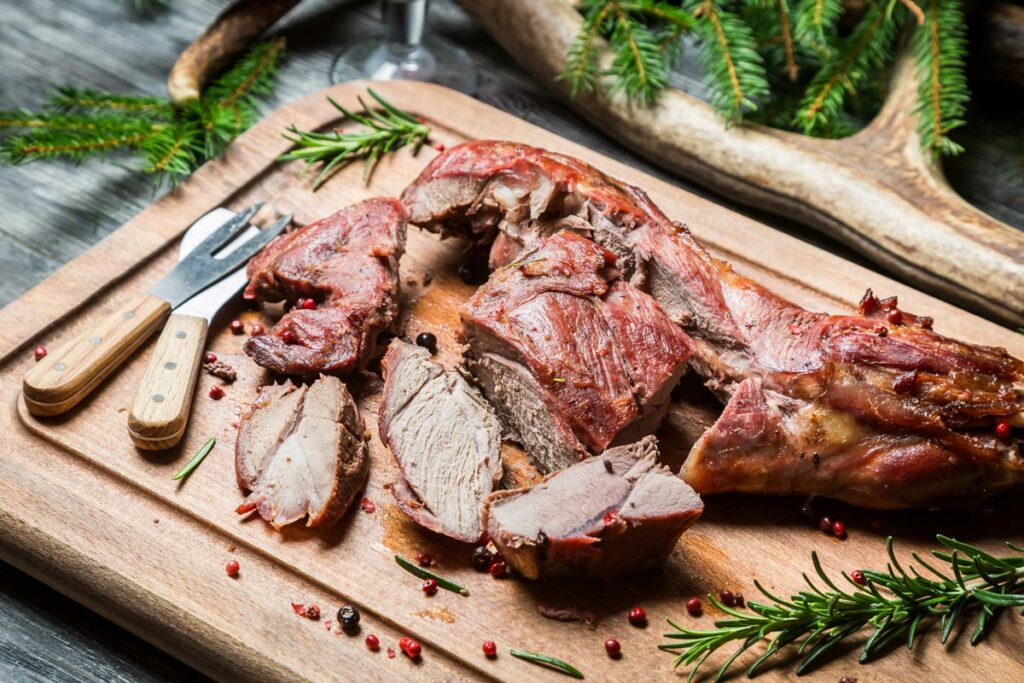
Subscribe to Melissa K. Norris!
Get updates on the latest posts and more from Melissa K. Norris straight to your inbox.
We use your personal data for interest-based advertising, as outlined in our Privacy Notice.
Essential Homestead Skills
Cooking From Scratch
I believe that skill sets should always start in the kitchen! No matter where you live, whether on a large homestead or an apartment in the city, we all have a kitchen, and we all have to eat.
Learn how to cook from scratch with different ingredients. Learn how to tenderize less expensive cuts of meat so they taste better. Learn how to use a slow cooker or a pressure cooker.
Master the skill of utilizing every last bit of each ingredient. This is why I always make homemade bone broth from meat bones and why I love making fruit vinegar from cherry pits that would otherwise be tossed into the trashcan. Furthermore, once those cherry pits have infused the vinegar, you can then turn them into a homemade hot pack!
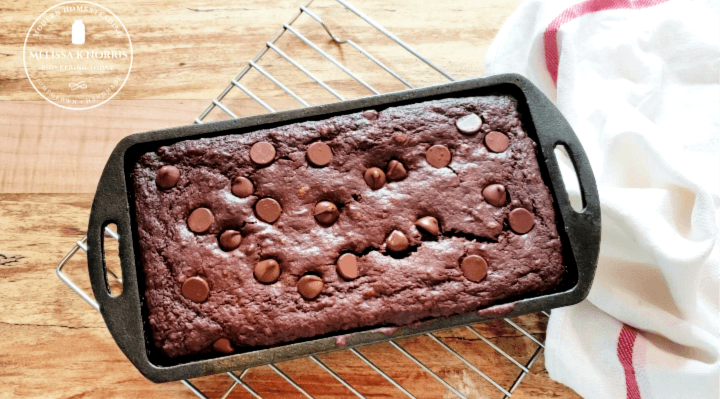
Baking
Cooking from scratch will always save you money. This doesn’t mean my loaf of homemade sourdough bread or even my quick five-minute no-knead Artisan bread will be cheaper than a loaf of Wonderbread from the store, but it will certainly be less expensive than their equivalent counterparts.
After you’ve mastered how to cook meats and how to utilize every bit of an ingredient, the next natural step is to start doing your baking at home. Bake your cupcakes, muffins, and quickbreads from scratch. Skip the boxed mixes and learn to make your own pantry mixes at home.
Check out this post on easy store-bought ingredients you can swap out at home to improve your health.
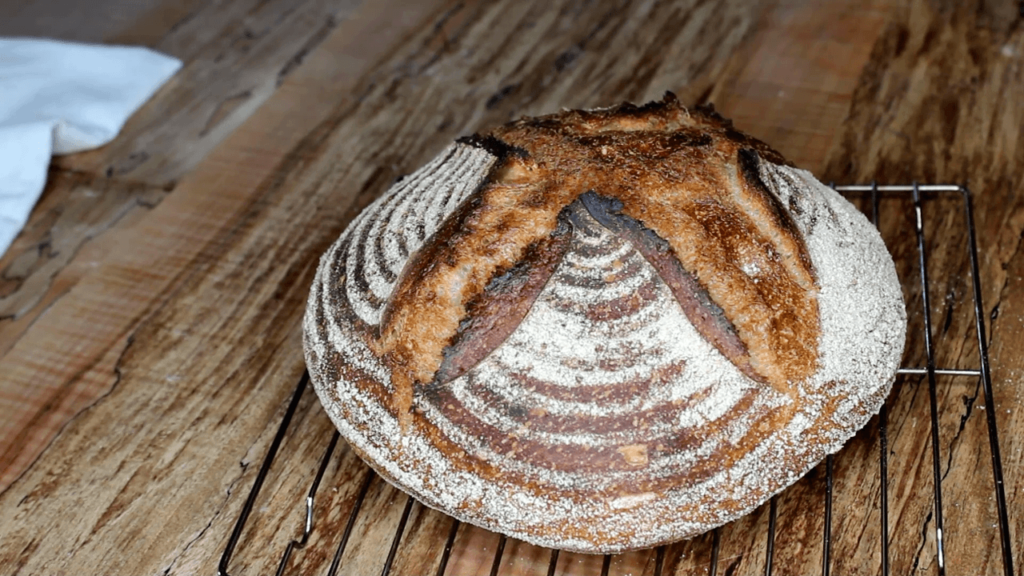
Sourdough & Fresh Ground Flour
After gaining confidence with baking, start grinding your own flour from home and learning the art of sourdough bread making.
When you buy whole grain, you save money and end up with a much fresher and healthier product. (Source) Learn more about grinding your own grain here.
Basic sourdough bread requires only three ingredients, salt, flour, and water. No yeast is required! Learn how to make a sourdough starter here, and once you have it going, you can make all kinds of delicious goodies like sourdough pancakes and my favorite sourdough chocolate quickbread.
Check out my FREE sourdough training if you’d like to take your sourdough game to the next level.
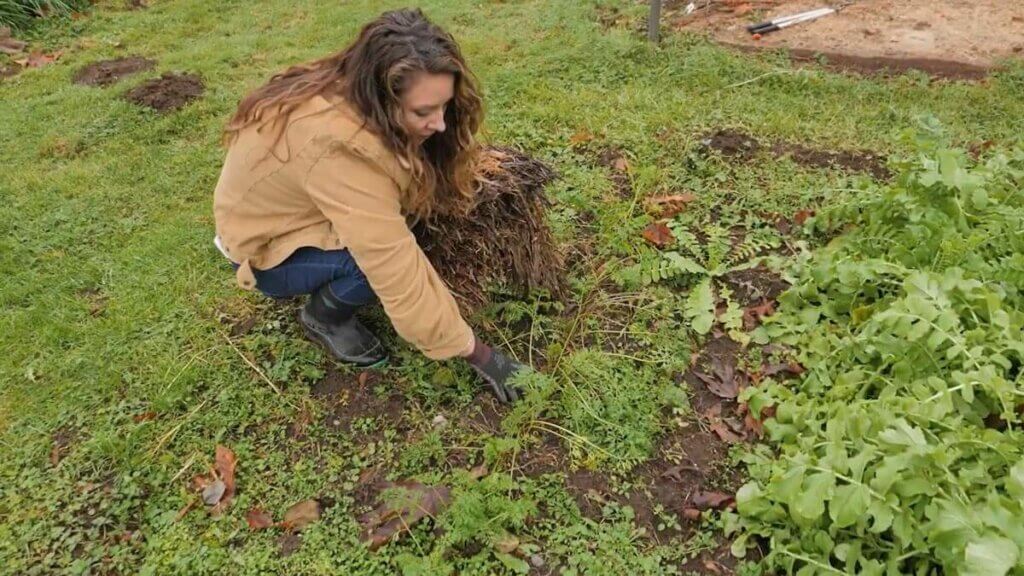
Items to Grow or Make Yourself
The next step in the homesteading journey is to look at the foods you eat on a regular basis and decide if some of them can be grown or raised on your property.
Foods like eggs, chicken, lettuce and carrots can all be raised or grown simply without much space. But these things do take some know-how and training to be proficient.
If you’re not sure where to start, grab my FREE charts on how much food to plant per person for a year’s worth of food.
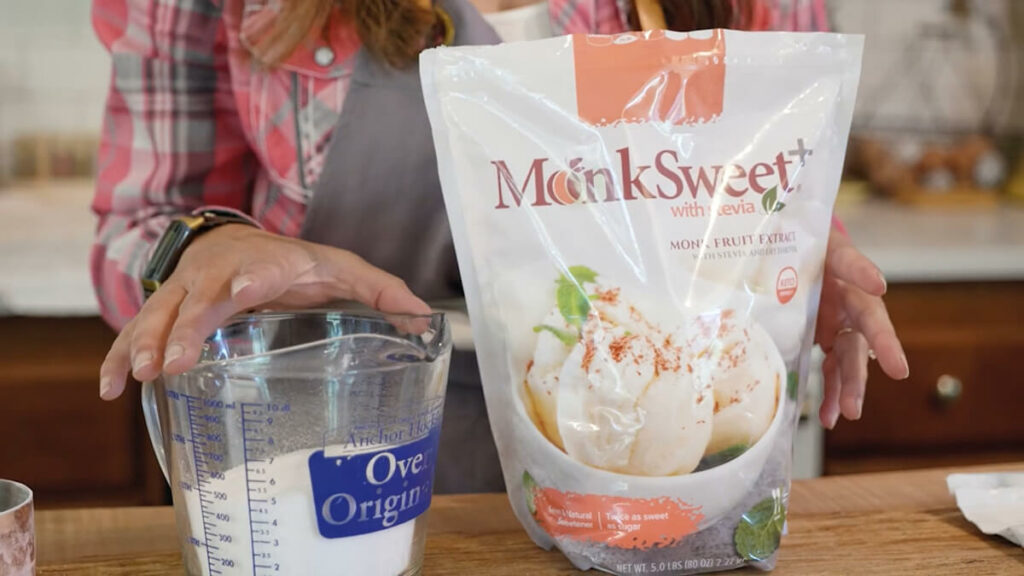
Source Locally (When Possible)
Not everyone has enough acreage to raise their own beef cattle or keep a dairy cow, so when you can’t raise or grow the food yourself, start looking locally or sourcing your food from a place you trust.
This is why I love Azure Standard. I have been buying from them for nearly ten years, and I love that many of their products are fairly local to me.
For those items we can’t source locally, such as vanilla beans, sugar and wheat berries, I love that I can purchase these items from Azure, which helps me build up my long-term food storage supply.
Azure Standard is a sponsor of this podcast, and they’ve been so generous to offer all of my listeners 10% off your first Azure Standard order (minimum of a $50 purchase) using coupon code “Melissa10” (must be a first-time customer).
Beyond being able to find products at the grocery store or growing them yourself comes the concept of “community sufficiency.” This is where you work alongside your neighbors and community to provide for each other what the other produces.
This may look like one person raising enough meat chickens for two families while the other raises a dairy cow and has a milk share. Or perhaps you grow a beautiful medicinal herb garden that produces enough herbs for the neighborhood.
Get creative with what your skillsets are and find ways to build community.
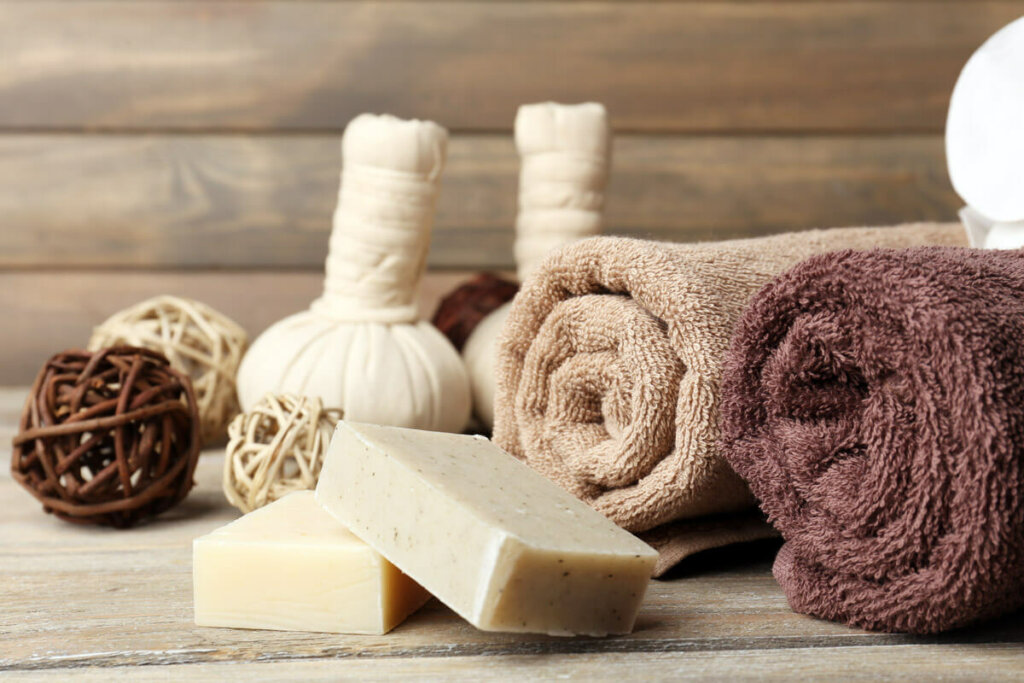
Medicine, Cosmetics & Cleaning Products
When I started having health issues, it was natural to just look at the food I was eating as the culprit.
But once I cleaned up my family’s diet, I realized that if I’m so concerned about what I put in my body regarding food, I should be equally as concerned about what goes on my body. (Source)
Specifically the medicine I’m taking and the products I’m putting on my skin, both in my cosmetics and the cleaning supplies I use daily.
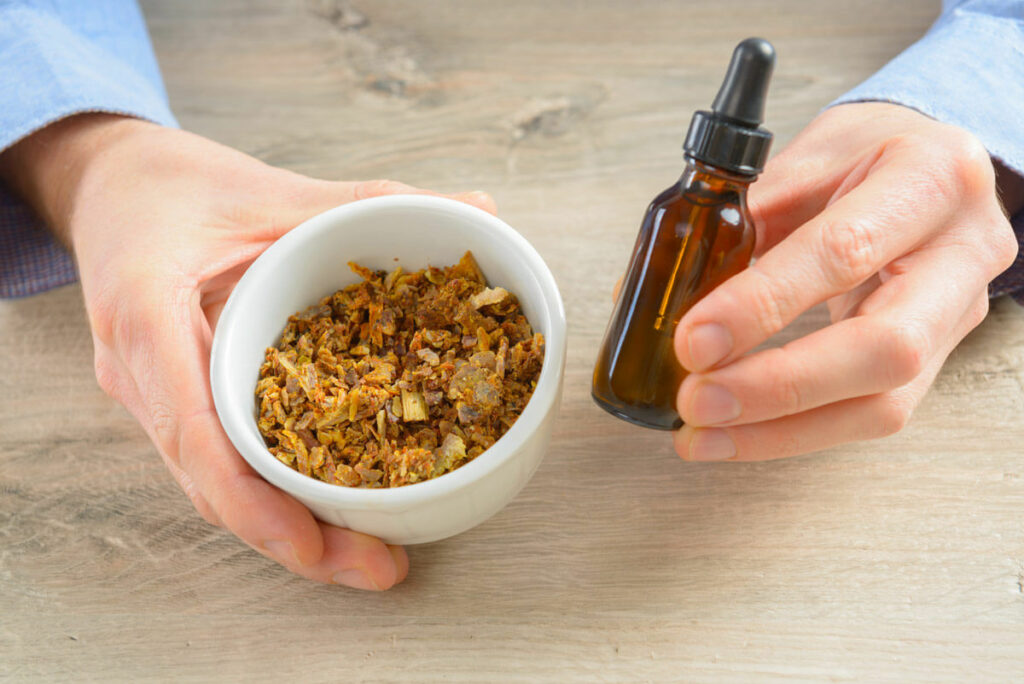
Medicine Cabinet
I was a pharmacy technician for eighteen years, but with what I know now as a home herbalist, I would never return to a modern medicine career.
So many herbs work with our bodies and do good. (Source) Often times with diet and lifestyle changes, we’re able to get off prescription medications rather than being reliant on them for the rest of our lives.
Don’t simply get rid of your prescription medication because you’ve changed your lifestyle. Always work with your doctor.
There are many herbal alternatives when it comes to over-the-counter (OTC) medications such as acetaminophen or cough medicine. (Source) (Source)
It’s important to note that I am not a certified medical practitioner. This post is not intended to diagnose or treat but is for informational purposes only. Please contact your healthcare professional before introducing new herbal and natural remedies into your wellness routine.
If you haven’t taken the plunge into herbal medicine, I highly encourage you to do so. In fact, I’ll be hosting an herbal medicine class in the fall of 2022, so sign up to my email list to be notified!
If you don’t have access to high-quality herbs, be sure to check out Farmhouse Teas. I know CeAnne and her family personally and love supporting another small family-owned and operated business.
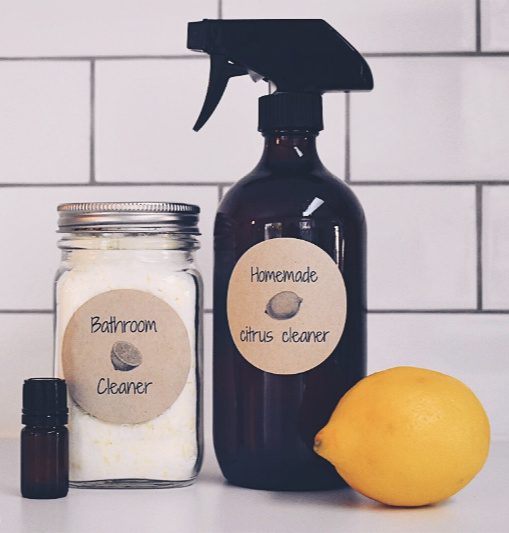
Cleaning Products
It can often be a shock when people start looking at the ingredients in their cleaning products.
Some of the first products we got rid of in our home were commercial oven cleaners and candles with fragrance.
From there, we looked at our laundry soap (we’ve been using TrulyFree laundry detergent for many years now and love it. That link will get you 100 FREE loads of laundry detergent!), our shampoo and body soap, even the soap we use in the kitchen. Seeing “fragrance” in any product is now a no-no in our home. (Source)
For the majority of our cleaning throughout the home, we simply use baking soda and vinegar or water and soap. (Make your own homemade vinegar.)
If you want to get into making all your own homemade products, check out my book Handmade where I share recipes for homemade laundry detergent, cleaning supplies, and even bar soap.
Cosmetics
As for cosmetics, this can be tricky to know for sure you’re getting a quality product that not only works but is healthy. Read this post on why makeup and skincare ingredients matter and to find out the products I use.
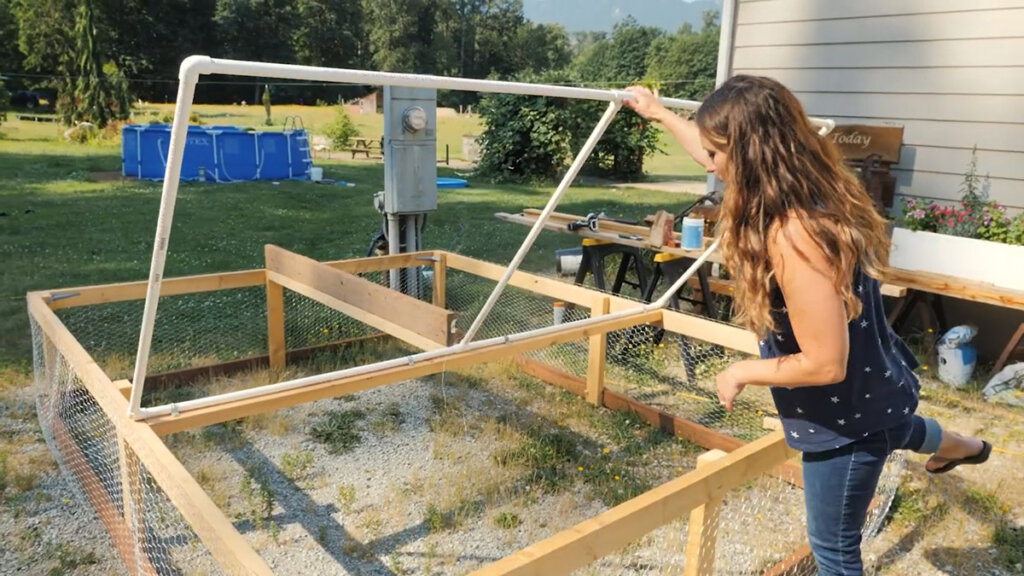
Basic Building Skills
If you’re going to live on a homestead, chances are you’ll need to make repairs at some point in time.
Having basic building skills means you’ll be able to set a fence post, repair a chicken coop, or help around the house with basic repairs as they come up.
Gathering these skill sets now so you have them when you need them later, will always end up saving you time and money.
Sewing & Mending
Today, it’s not always cheaper to make and sew your clothing. However, knowing some basic sewing and mending skills to repair a torn garment, sew on a button, or mend a hem will save you money from tossing the garment and buying new.
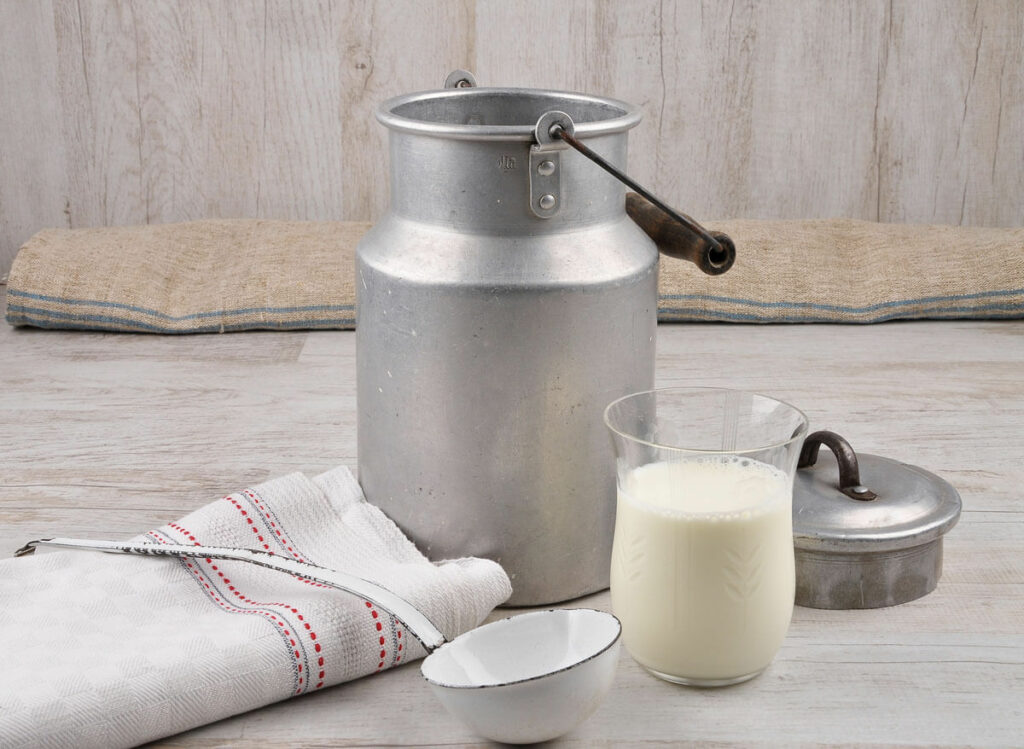
Learn How to Use Milk
Whether you own a dairy cow or goat, purchase raw milk from a farm, or simply buy milk at the grocery store, learn all the amazing ways you can utilize milk and turn it into various products.
Learn how to make homemade butter, cheese, buttermilk, soap, and lotions. In other words, utilize the milk to its fullest potential.
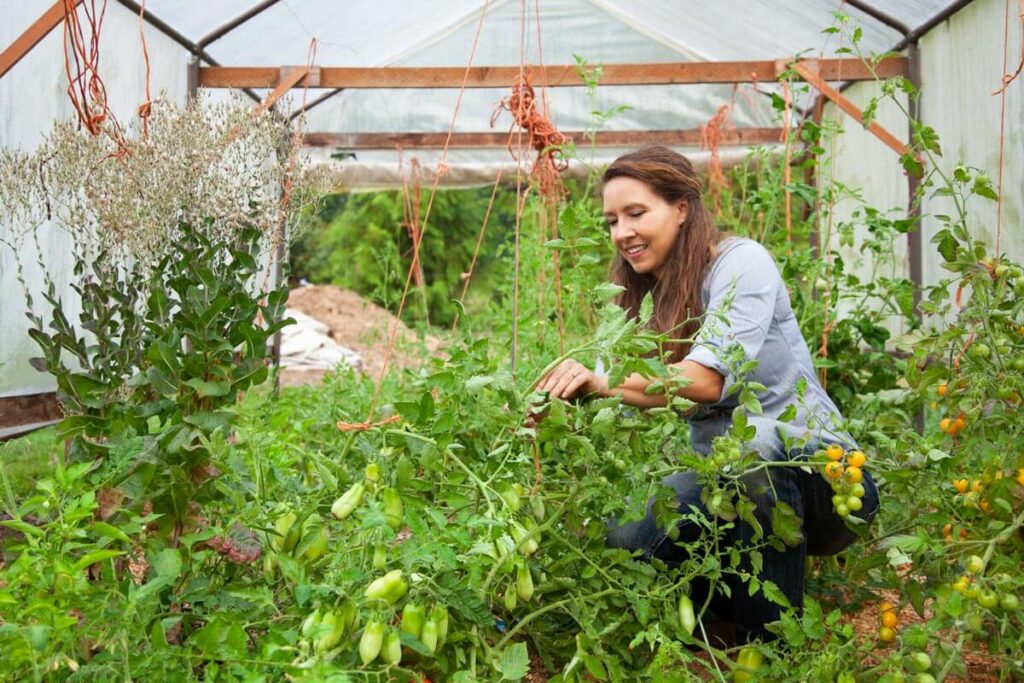
Learn to Garden
The best way to start growing your own food is with a jar of sprouts on the windowsill of your kitchen.
From there, you can get a small box and grow some herbs on a windowsill.
If you have a back deck or a patio, you can grow a good amount of food in a container. This won’t be enough space if you want to grow all your food, but you can certainly grow a year’s worth of herbs in a few containers.
I really like Greenstalk Vertical Planters because, with just one square foot of patio space, I can grow a lot of food! (Use code “PIONEERING” at checkout for $10 off your order!) Here are more vertical growing techniques for gardening.
Even if you don’t have the yard space to grow a garden, perhaps you can find a strip of land in the community and turn it into a community garden. This will help you start learning the skills needed to grow a garden.
If you want to learn more, be sure to check out my book The Family Garden Plan and The Family Garden Planner.
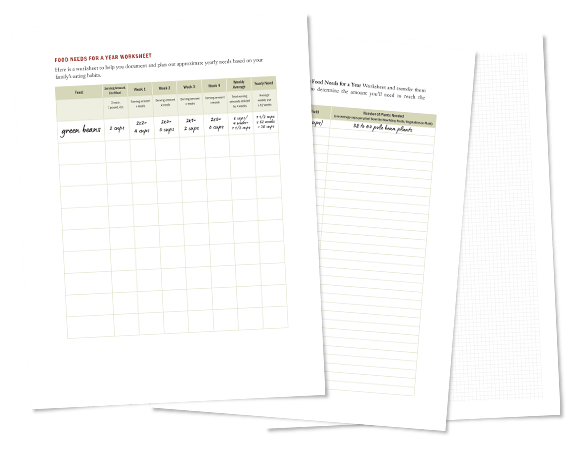
Growing in the Shoulder Seasons
Once you learn to grow during the regular seasons, you can begin branching out and learning how to grow in the shoulder seasons.
There are many ways to extend the season earlier in the spring and later in the fall with some cold weather growing techniques. By using a simple frost cover (or shade cloth for hot climates), you can dramatically extend your growing season and grow food nearly year-round.
Plant Perennials
The next gardening stage is planting perennial plants that will come back year after year. These are fruit trees, raspberries, strawberries, asparagus, elderberries, and medicinal herbs and flowers.
Keep Accurate Records
I cannot express how far-reaching this skill can be. Keeping accurate records can save you time, energy, money, and even the life of your livestock.
Birthing records can help you accurately remember how each animal did in childbirth and the specifics of it. This will help you know whether to breed that animal again or cull it from the herd or flock and whether you want to continue the line.
A garden journal (the Family Garden Planner has charts, worksheets, and more to help track everything in your garden) will help with accurate crop rotation.
It will give you information on what grew well and what didn’t, what you liked and didn’t. Keeping track of your soil maintenance and insect problems will save you heartache.
Get these free printables for your harvest and crop planning record keeping.
If you want to make a profit from your homestead, an accurate record of productivity, expense, and income will guide you. There are all kinds of records which will be helpful to you. You have to decide what you want from your homestead and choose your record keeping from there.
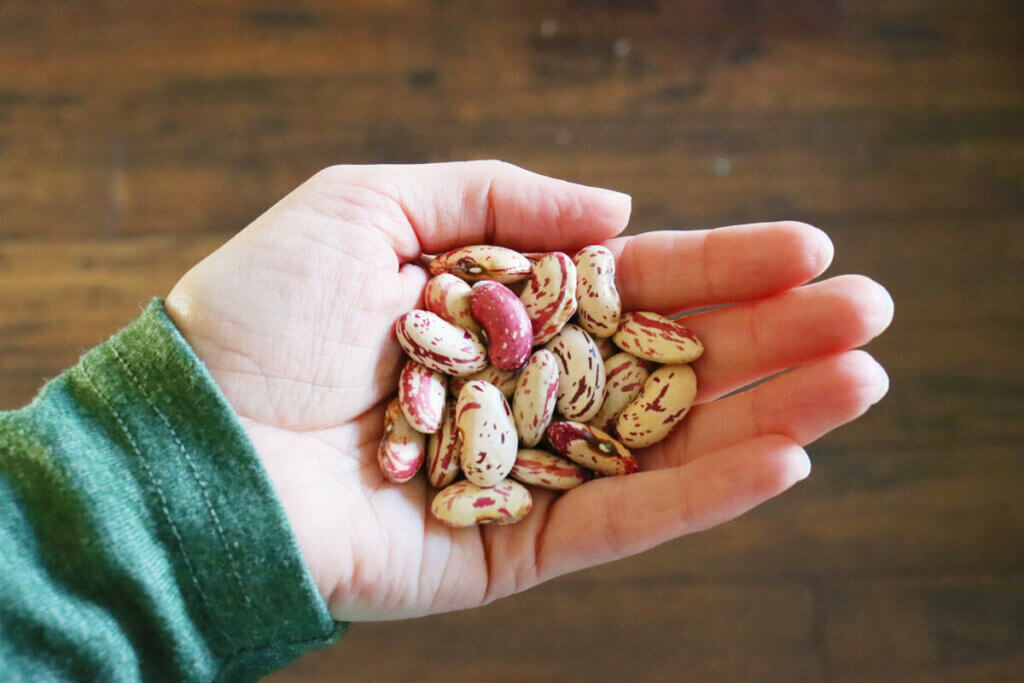
Seed Save
Save your seeds. Not only will this skill save you time and money, but it will also ensure you have what you need for growing next year’s crops.
The first step is to choose your healthiest plants and allow the fruit to mature its seeds in the garden. When you properly harvest and preserve healthy seeds, they will be viable for years.
Read this post for a few tips that will help when saving seeds from the garden.
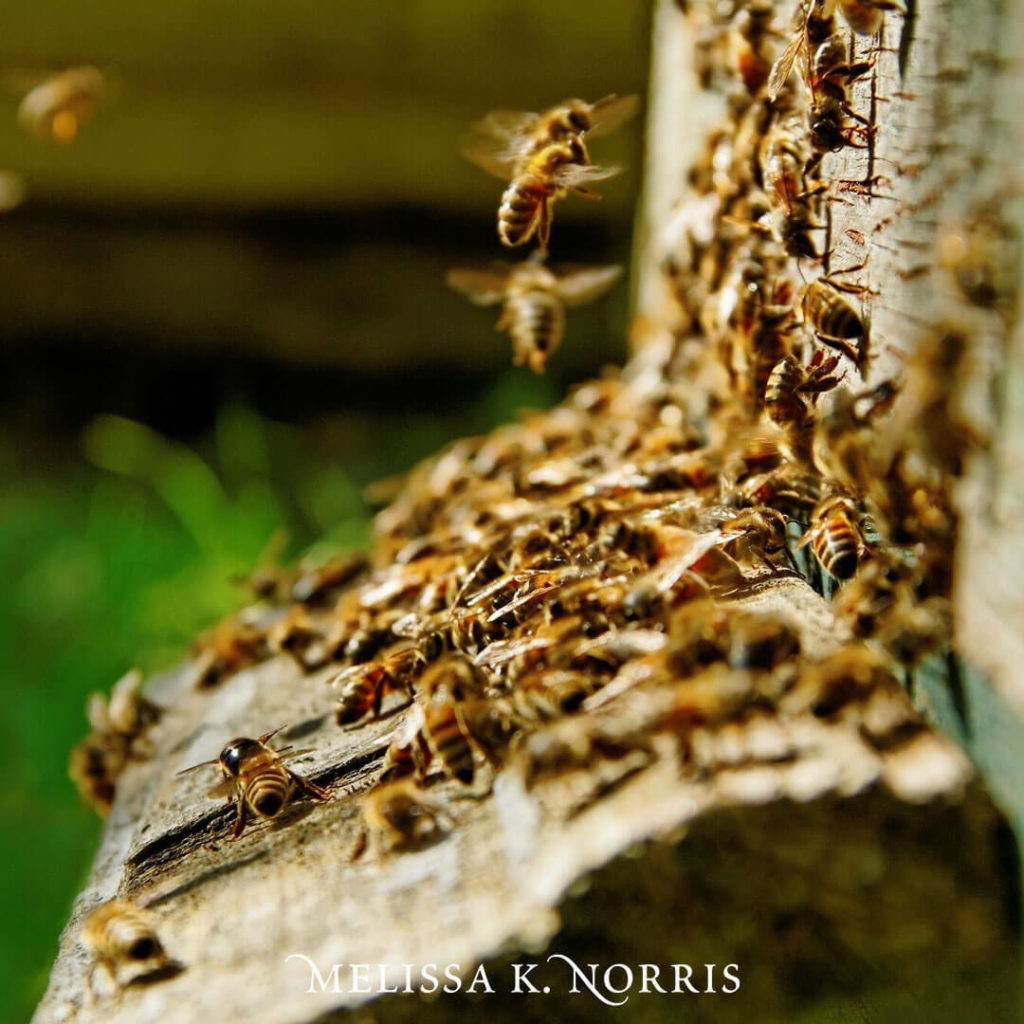
Beekeeping
Having bees is a benefit to any homestead, no matter the size. Their honey and its many health benefits, not to mention its deliciousness, are reason enough to want them.
Their pollination work, however, is vital. We can support them by planting fruits, veggies, and flowers for them to eat, and they reward us with honey and pollinated plants. Win-Win!
Learn how to start beekeeping and the link between honey bees and plant medicine here.
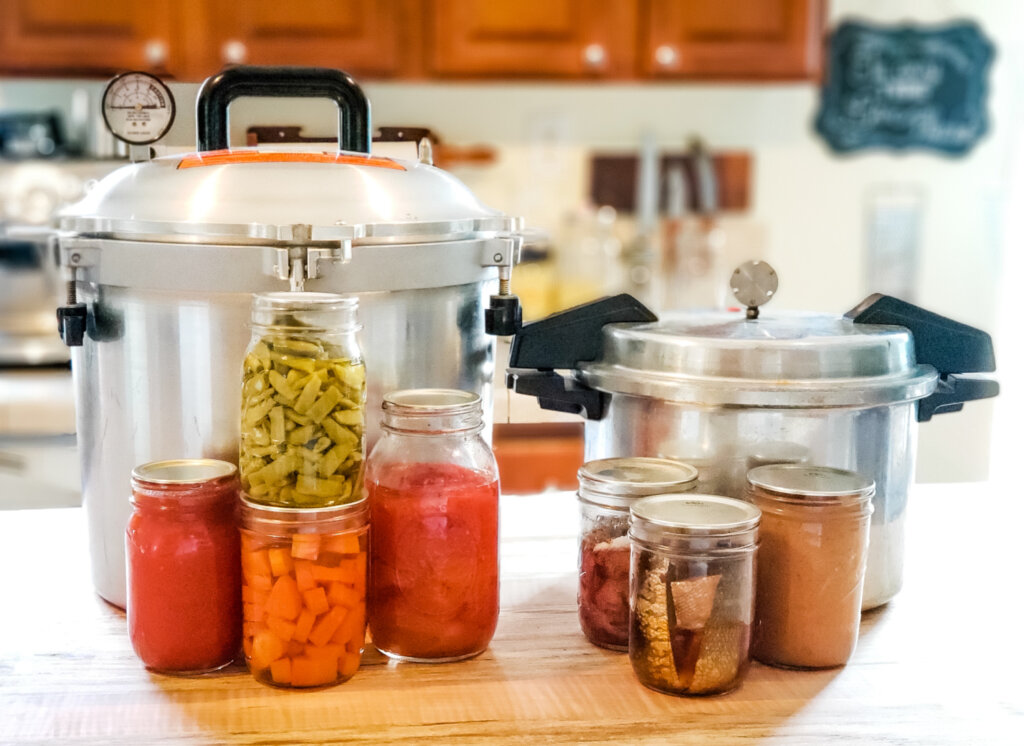
Food Preservation Methods
Preserving the harvest is one of the most basic homesteading skills. You’ve put time, energy, and money into your crops, so you don’t want to waste them. This skill will ensure your food supply for years to come.
I highly recommend you grab my book, Everything Worth Preserving, where you’ll discover the nine home food preservation methods to safely store delicious food for year-round eating with my step-by-step tutorials, recipes, and easy-to-use charts.
Get ready to learn everything you need about cold storage (aka freezer), water bath/steam canning, pressure canning, dehydrating, fermenting, freeze-drying, root cellar, infusion, and salt/curing!
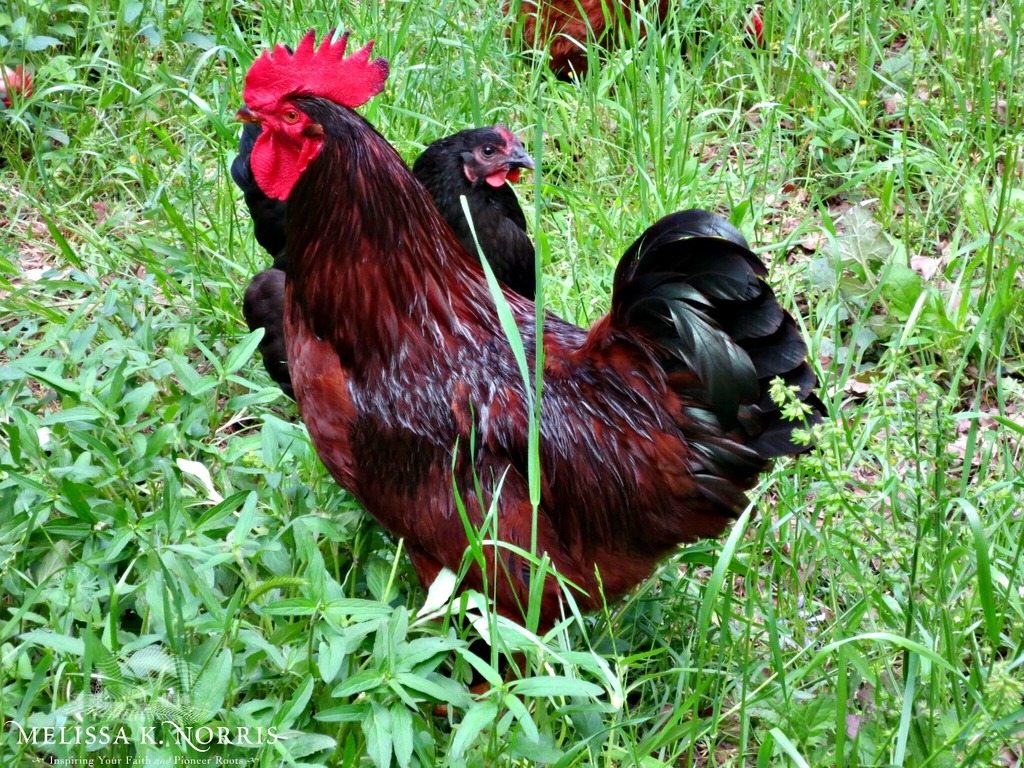
Learn to Raise Poultry
Raising chickens for meat and eggs is oftentimes the “gateway” into homesteading. We raise and butcher our own meat chickens, as well as cattle and pork for meat.
Many people start with backyard egg-laying chickens. Some homesteaders have a wide variety of fowl, from quail to geese (read here on raising ducks for eggs). You will have to decide for yourself what you want for your homestead.
You will also have to choose the right breeds for your goals and climate. Besides eggs and meat, you’ll have a source of entertainment and endless pleasure.
Check out these articles for more on raising chickens.
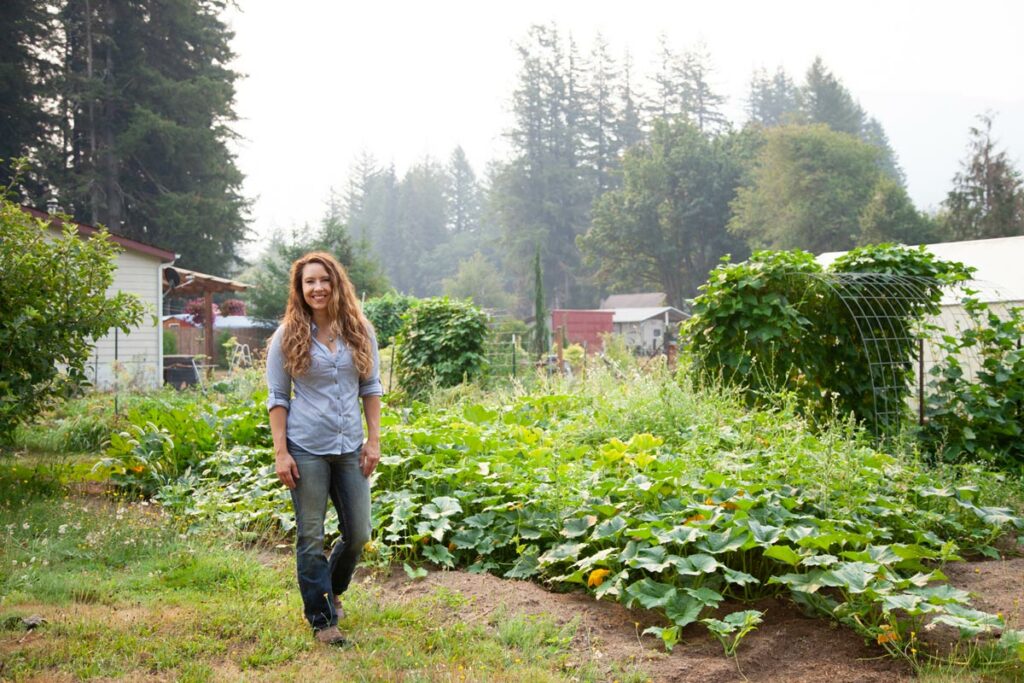
Perseverance + a Can-Do Attitude
Regardless of circumstances, we can all have a “can-do” attitude regarding what we can do right now. We’ll never get there if we constantly look at the circumstances keeping us from living our dreams.
But if you look at your circumstances and are constantly asking yourself what you can do, you’ll be prepared when the opportunities for more arise.
I’m not suggesting this list is comprehensive. It’s only meant to be a list of basic skills for the modern homesteader. We could go on for hours on each of these skills and add endlessly to the list.
If you’re looking for even more inspiration and want to take your homesteading skills to the next level in a matter of days, get your tickets to the Modern Homesteading Conference. This in-person event is hosted in the Pacific Northwest in beautiful Couer d’Alene, Idaho, and will be held on June 30-July 1, 2023.
I’m also hosting an in-person event here on my homestead where you can learn some of these essential skills. For dates and ticket information, visit my in-person workshops page here. I hope to see you there!
Verse of the Week: Because three podcasts are combined in this blog post, I go over these three verses: Romans 5:3-5, Romans 6:20-23, & Galatians 6:2-4
Resources Mentioned
- Homestead Living Magazine
- Keeping a Family Milk Cow – I purchased this book through Azure Standard.
- The Art of Natural Cheese Making
- Time-Saving Tips on the Homestead
- Time-Saving Tips When Cooking From Scratch
- Time-Saving Tips for the Garden
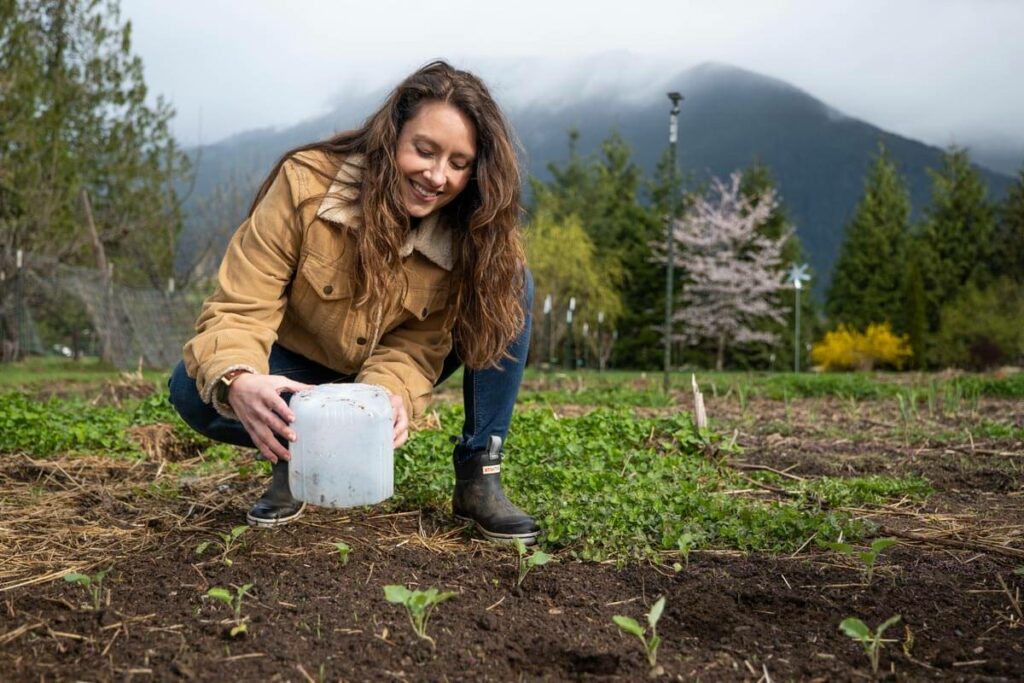
More Posts You May Enjoy
- A Military Wife’s Look on Homestead Preparedness
- 17 Self Sufficiency Tips from the Great Depression
- 10 Things Our Grandparents Reused During the Great Depression
- 6 Things Our Great-Grandparents Did Better Than Us
- How to Find & Buy Land Beyond the Usual Routes
- Time & Budget Saving Tips from the Great Depression
- 5 Life Lessons from the Great-Depression
- Great Depression Era Money Saving Tips w/ Potatoes
- 7 Depression Era Tips to Stretch Your Food Budget
- 8 Depression Era Tips to Save Money Now
- Time Management Skills for the Homestead
[fusebox_transcript]
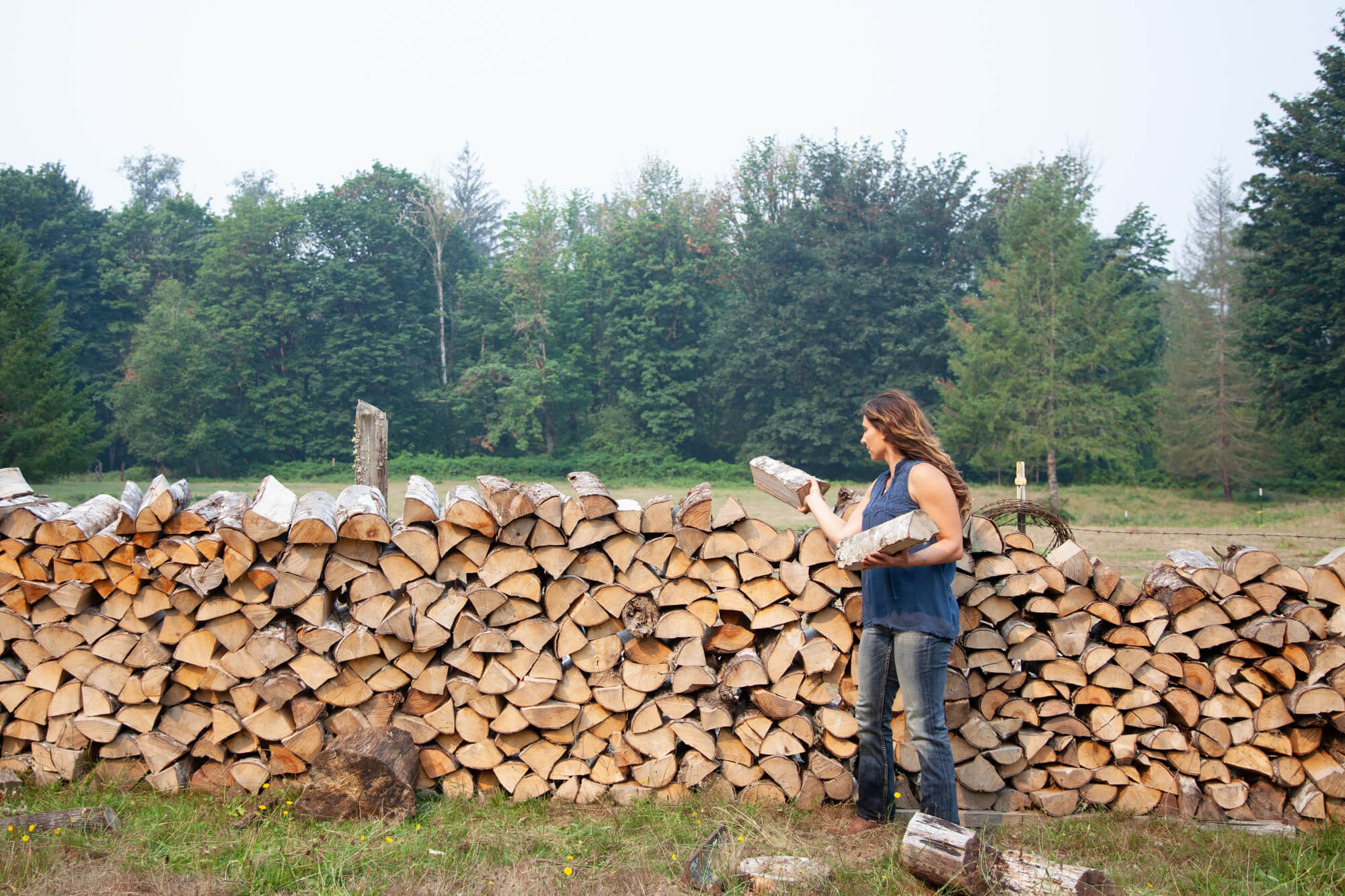
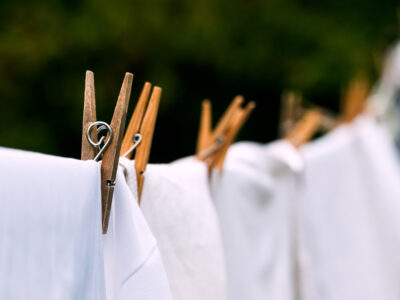
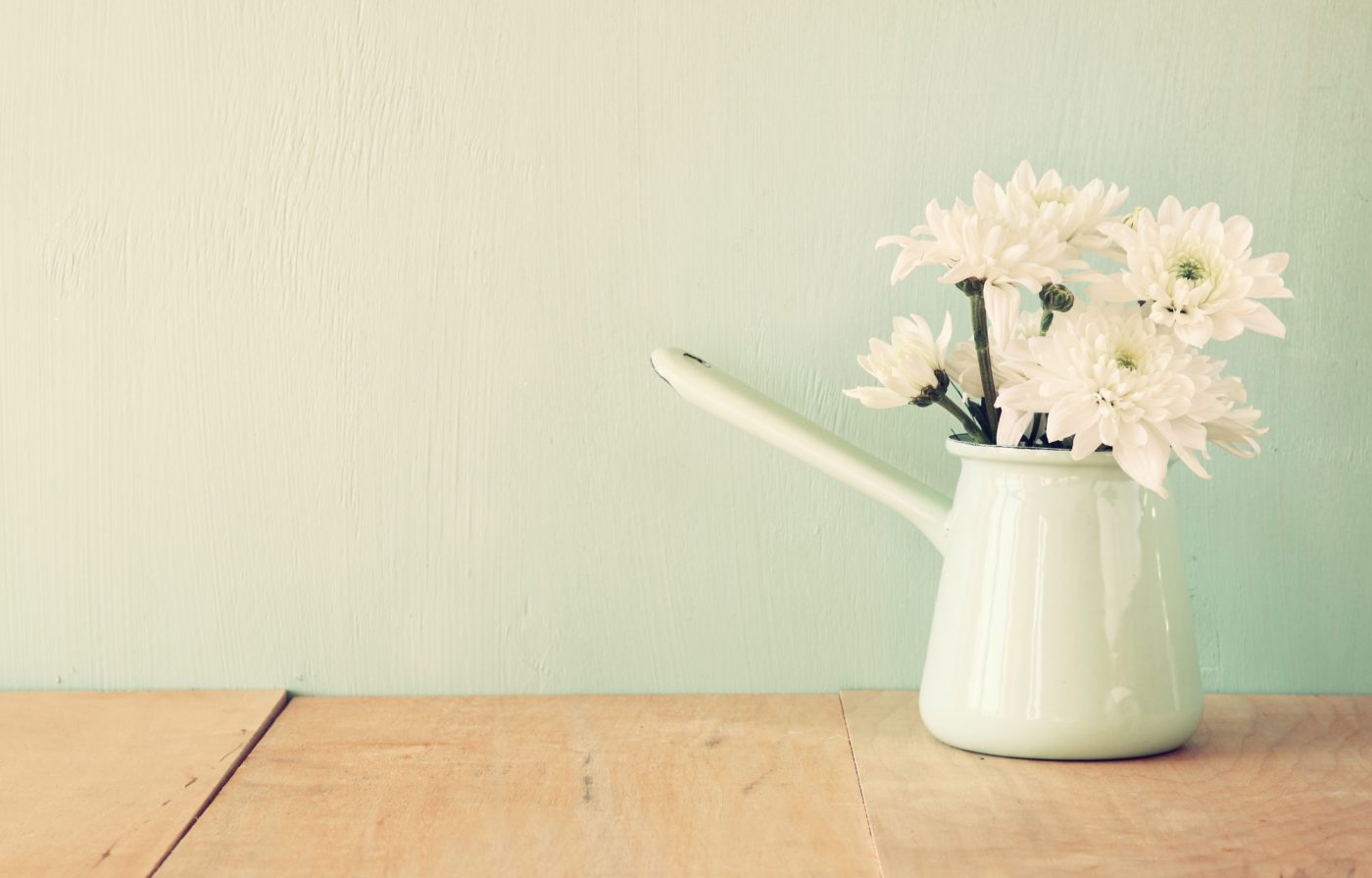
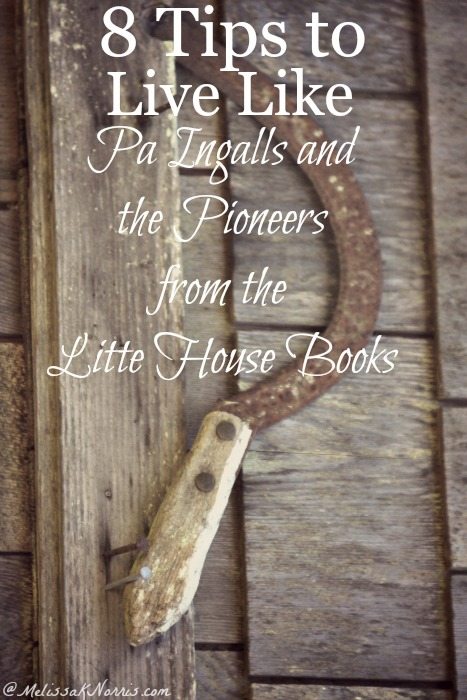
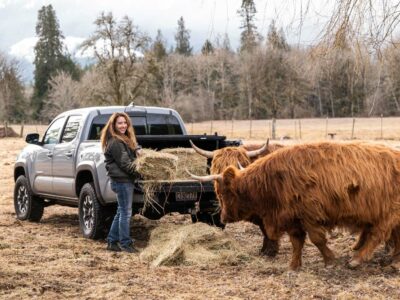
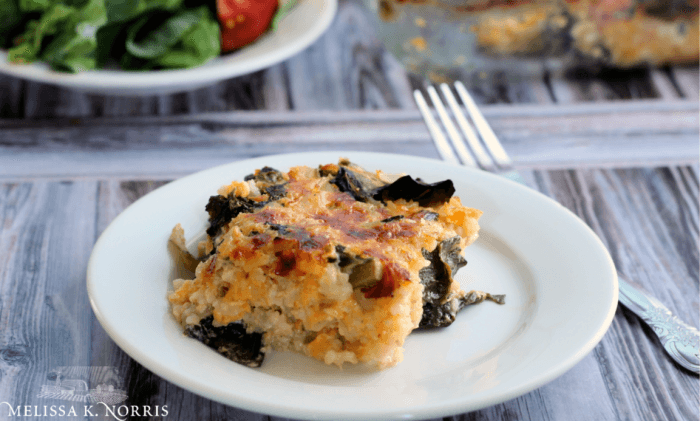
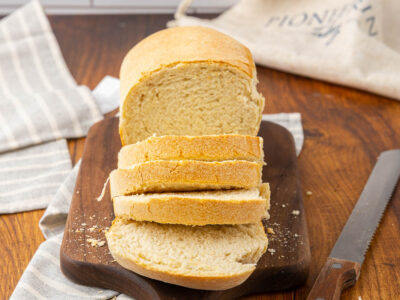
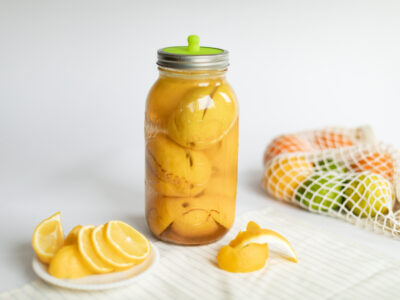
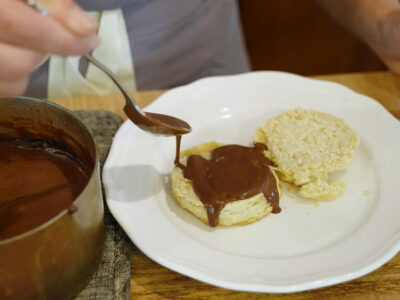
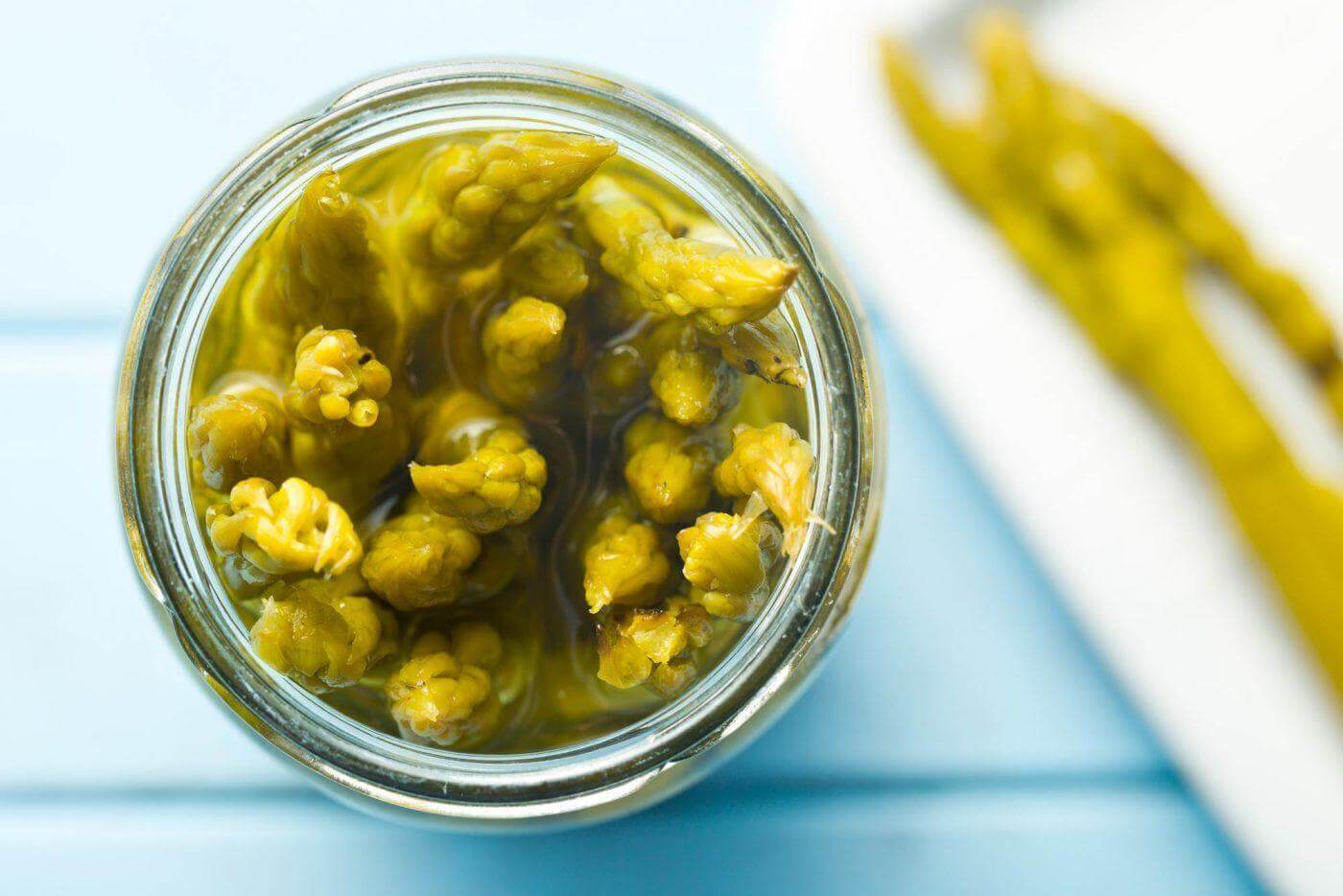

Hey there, my name is Sawyer!
I’m gonna get straight to the point. I really like your content, (especially your last vid) but I haven’t noticed you guys at all on any short form content platforms. Clipping long form videos into short form content is an extremely tedious, time consuming process. I was wondering if you’d be interested in hiring me to clip your videos and turn them into short form content to post wherever you please so you can focus on more important things. Basically this means way more eyes on your videos and website resulting in way more revenue. That’s pretty much it though, if you think you might be interested in this just let me know!
P.S. ( I usually don’t send creators messages like this but I am a big fan of you so I thought it was worth a shot)
Thank You!
Yes yes! I would love to see this series expanded. Even past the level one, into intermediate ideas and techniques. We currently live at the end of the cul-de-sac in a Suburban neighborhood, but I am very nearly about to buy a piece of property that we can begin building our heritage on. We have many of these skills you list, though that does not mean I have any less apprehension to dive, but would love to hear more on essential skills.
You had a place where we could order flour or berries for long term storage for bread baking.
Would you give that information out again please.
I really hope this becomes a series. I would like to use it as a sort of syllabus to help teach the basics to my daughters. While I was taught and passed onto them home making skills, It’s a different ball game to teach them (and myself) from a homesteading perspective. I am a hand weaver so I already hand weave towels, blankets, rugs, and material for clothing and home decor.
I loved this postcast episode. I would love for you to continue with this topic and expand. We are developing our own homestead.
I was just asking myself the other day, how do homesteaders do this. How do they manage their time, organize their endeavors, when to start a new endeavor. How do I ENJOY this amazing life!!! Please show me, lol
This was helpful and inspiring. I’d love more of this series!
This was a great episode and – what I hope is – a wonderful introduction to the rest of this series! Thank you for your insights and for offering practical motivational techniques.
I really enjoyed this podcast episode! It helped me to understand where is the best place to start in learning homesteading skills. Many great ideas and info. to go ahead and and start now. Plus hearing about a good mindset is truly so important. We can’t do much without a focused can do mindset. Thank you!
Please continue with this series. Great, practical advice given here as it gives me a list of skills to acquire or hone the ones I already have. And I love the scripture you shared. Thank you!
I would love to learn more…I do have a few questions back to step one…do you have any favorite cookbooks to start with…I can cook quite a few from scratch but Inwould love to learn more and get better…two…AM I missing the show notes? I was actually hoping to find a link to the sheets you mentioned…ours has a tear and we are needing more so wanted to look into these ones…thanks!
I’d love for you to continue this series!
Just come in from the heat for a coffee and read this. Yvonne and I have just moved to west Norfolk (uk) and taken on a one acre plot. We love it when our friends come over and we can tell them all about the latest things we have found out about ? every day is a school day x
I really should have paid more attention in the kitchen growing up, mom did all this. Worse yet, I was a home economics major in college specializing in child development, and didn’t really pay attention in my food/nutrition class. That would help with my health issue of fatty liver and cholesterol
I thoroughly enjoyed this podcast.
My Dad use to salt cure our hog meat but I do not know the process.